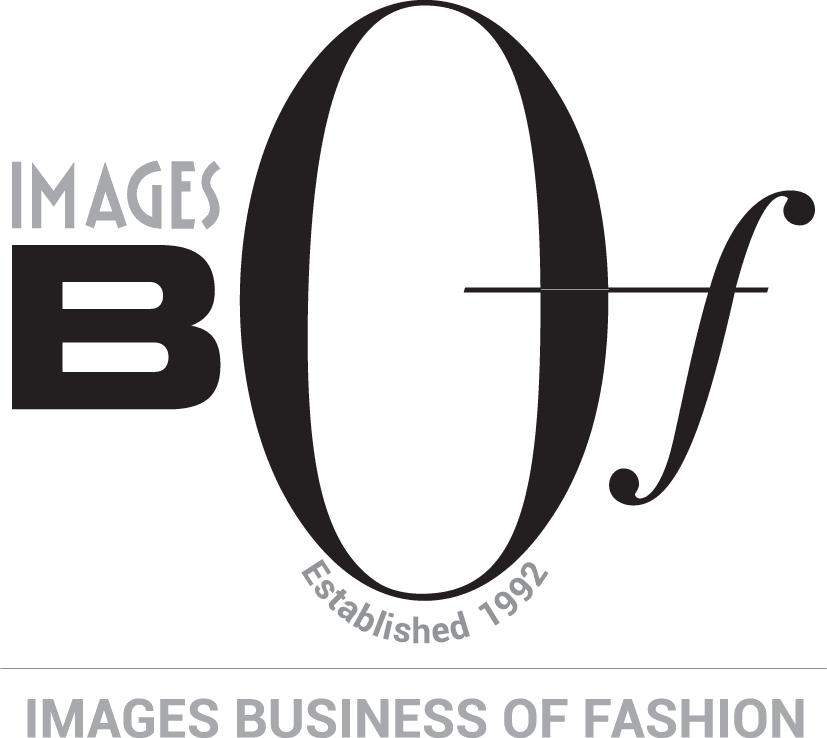Embark on a thought-provoking expedition into sustainability within the fashion industry with our series Sustainability Strides. This week, IMAGES Business of Fashion explores the sustainability initiatives by Lenzing, unveiling their innovative strides in reshaping the fashion industry. For 80 years now, Lenzing, a leading Austrian provider of wood-based specialty fibres, has been looking beyond fibre. Lenzing’s fibres…



